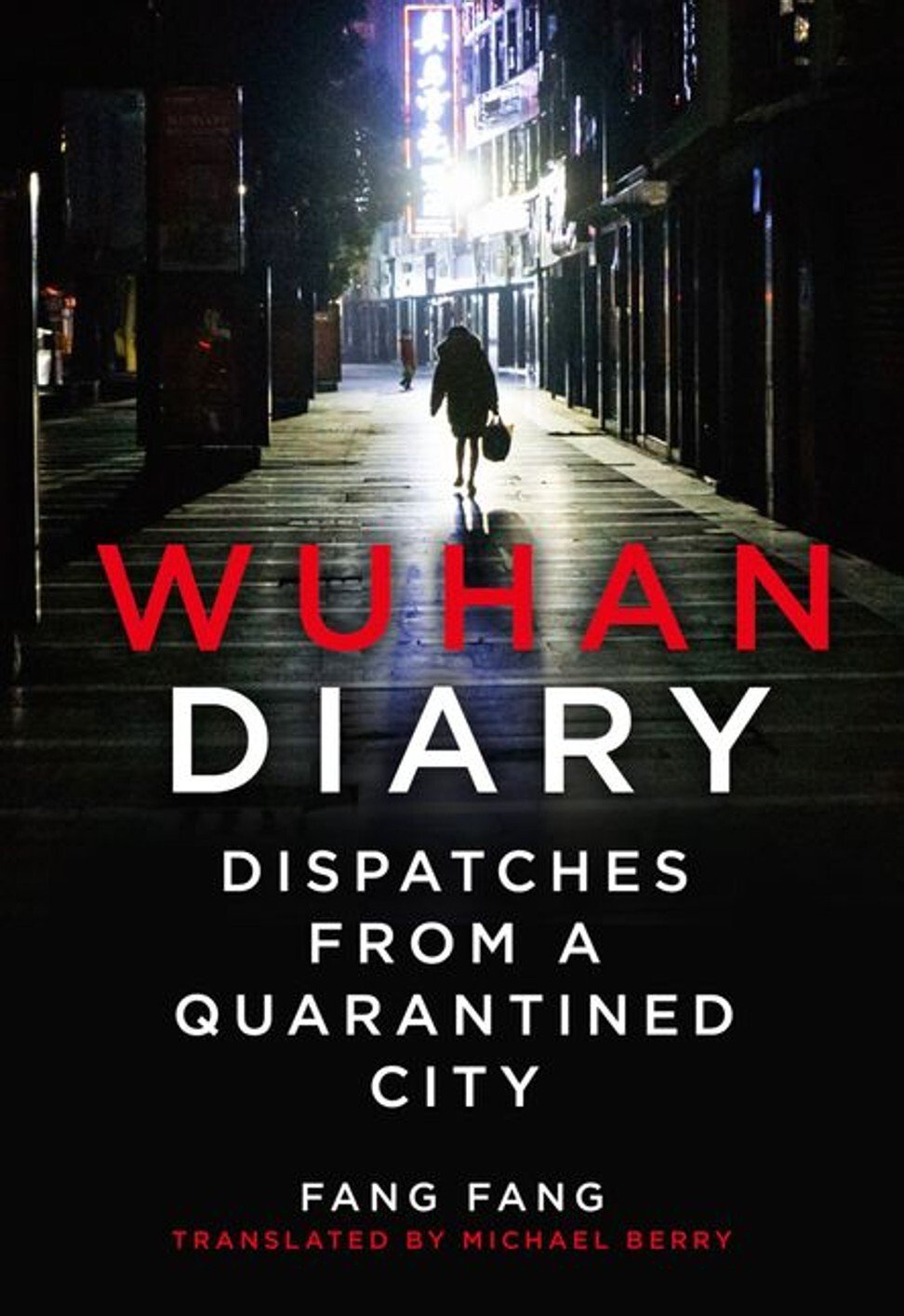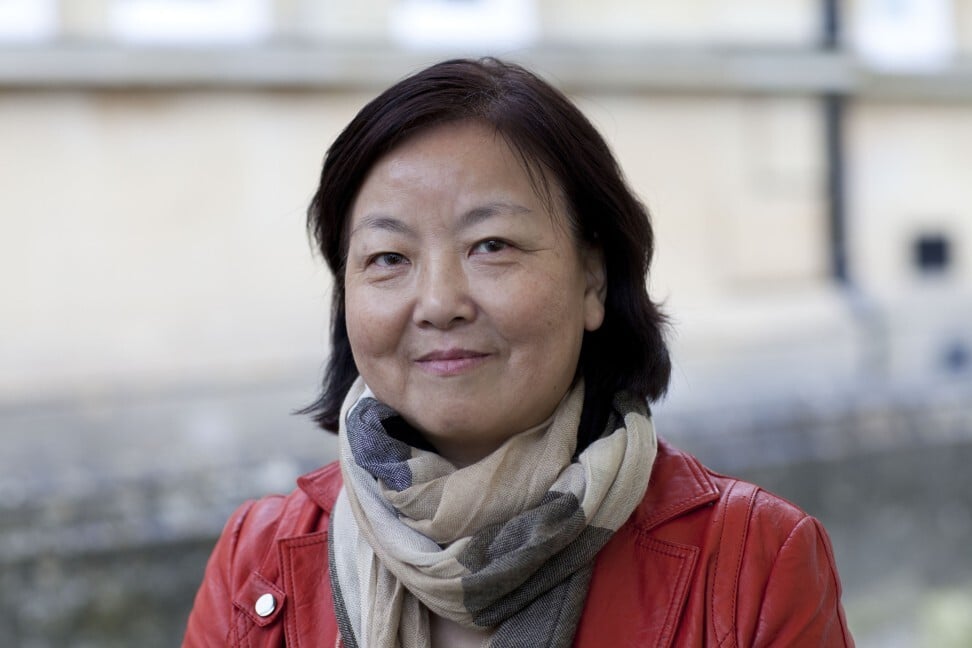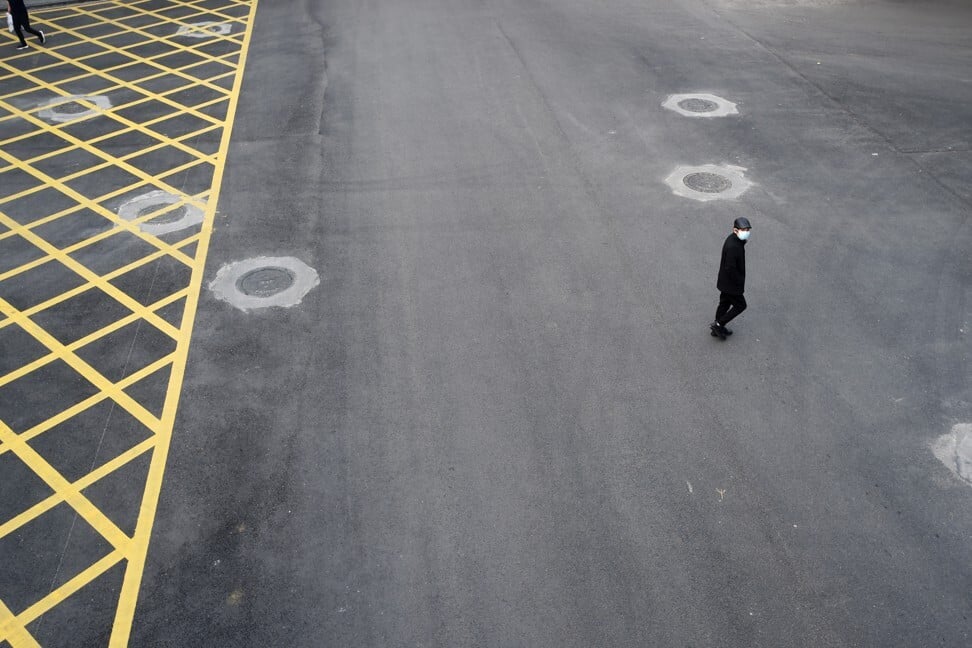
Wuhan lockdown diary effectively banned in China, says author labelled a ‘traitor’
- The book is a collection of posts from author Fang Fang’s Weibo account regarding life during the so-called world’s harshest coronavirus lockdown
- Chinese critics have condemned the author as a ‘traitor’ after a movement to publish the compilation of her posts took root abroad
A book that recounts life in the central Chinese city of Wuhan while under a strict coronavirus lockdown has been effectively banned in China, its author said.
Chinese critics have been trying to thwart publication of the book titled Wuhan Diary, whose English version has received international recognition, although the country’s authorities have not officially prohibited it, said the 65-year-old local novelist known as Fang Fang.

A publisher had been preparing to distribute the book domestically but shied away out of fear of pressure from critics, she said, adding that her ability to earn a living as a writer had also been threatened.
“The virus spread, thousands of people died of disease, and numerous families collapsed,” Fang Fang said. The virus that causes respiratory disease Covid-19 has so far sickened more than 83,500 people in mainland China and killed more than 4,600.

Fang Fang said growing anger and sadness motivated her to continue keeping a record of life in Wuhan, where the virus was first detected late last year.
However, Chinese conservative scholars, media and internet users have condemned Fang Fang as a “traitor” after a movement to publish the compilation of her social media posts took root in Europe, the United States and Japan.

As the Chinese authorities have been apparently keen to eliminate information inconvenient to them, the publisher “cannot publish” the book under such great pressure, she said.
“If this goes on, Chinese literature and art would return to the era of the Cultural Revolution. If we can only praise and follow [the government’s moves], we cannot depict true life,” she said.
About six months have passed since the beginning of the lockdown in Wuhan. “People are just watching whether the authorities will spare or punish me. This is a sad reality in China,” Fang Fang said.

